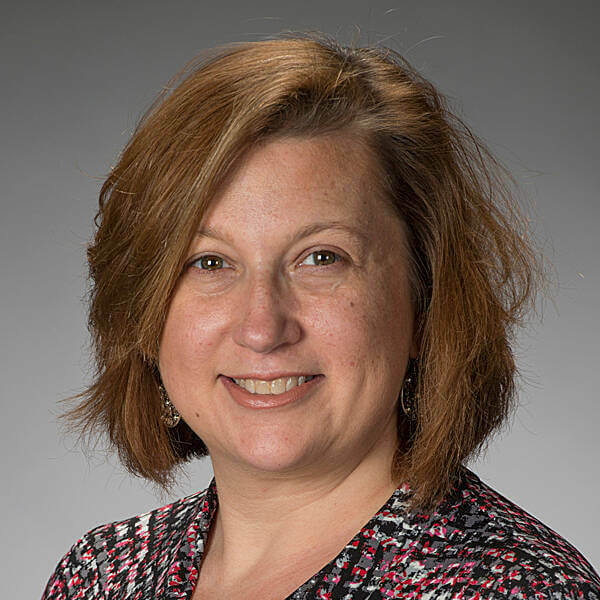Being mindful of representation
March 3, 2021
Well, I would definitely describe myself as a person who is understood to be White, and who has understood herself to be White, her entire life. And I just say it that way because I think it's important to call attention to Whiteness as a constructed category of identity that allows people to benefit from White privilege, and that draws off, attempts to draw a hard line that divides human beings from one another and also denigrates and devalues human beings that don't fit into that category. So, you know, in terms of my racial identity, that, that's, that's who I am constructed to be by society. And yeah, and it's, it's certainly something that [Show Some Skin] has helped me to understand, too. And I'm still working on discovering, I think on a daily basis, discovering everything that that means. I think I've yet to really conquer that, you know, in any kind of significant way. But I'd say that's what I know so far.
But I think that I do see it as my responsibility to be really attentive to issues of representation as a White person involved with this project. But, you know, I just want to, like, say, in terms of taking special care that I think that a lot of that special care comes from the people of color, who are the leaders of this, this project, and that I learn from them and follow their lead that I think consistently because I think that as a White person, there are some real limitations to how we can understand race at this point in our history, and that I definitely consider myself to be a very engaged, and I would say committed learner about that. But I think that, you know, I'm, there are limitations to a White person's ability, I think, to, to necessarily set the standard and certainly not alone. So I would say that I do take special care. But I know how to do that because I'm part of a team that I'm constantly learning from the people that I've knitted with here in that community.
I have several students who have trusted me with their stories, who've told me their stories. I get to work with students one on one, and I develop a working relationship with them, you know, and sometimes, you know, writing is a manifestation of the self and, and so, sometimes when you're working on writing, you kind of have to work on the self a little bit, too. So I've had a few students who have entrusted me with their stories of feeling dehumanized. Those are inextricable I think with who I am, their stories. Andm having that moment of them sharing those stories with me will change me forever.

Nicole MacLaughlin
Nicole MacLaughlin is a professor of writing at the University of Notre Dame.